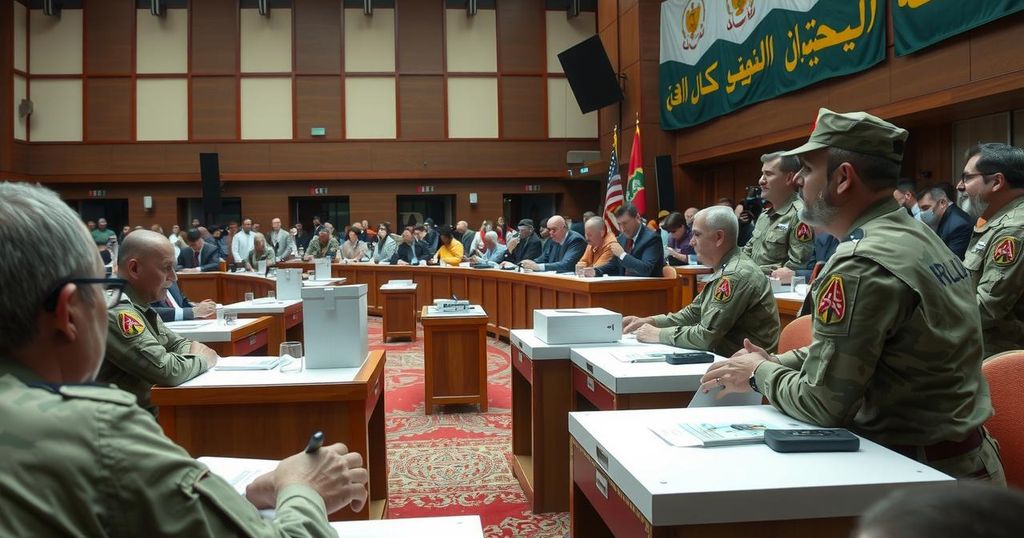World news
” MASRA, 2024 ELECTIONS, AFRICA, AP, CHAD, DEBY, DEBY ITNO, DEMOCRACY, DJAMENA, ELECTIONS, GOVERNANCE, GOVERNMENT, ID, IDRISS DEBY ITNO, MAHA, MAHAMAT IDRISS DEBY, MAHAMAT ISSA HISSEIN, MOROCCO, N ’ DJAMENA, NATIONAL ASSEMBLY, SAHEL, SU, SUCCES MASRA, TRANSFORMERS, VOTER TURNOUT
David O'Sullivan
0 Comments
Chad’s Parliamentary Elections: Low Turnout Amid Opposition Boycotts
Chad’s recent parliamentary elections were marred by low voter turnout and boycotts from key opposition parties, questioning the legitimacy of the electoral process. This election is intended to conclude a military transition but highlights ongoing political tensions and concerns about democracy in the country.
Chad recently held parliamentary and regional elections amid significant opposition boycotts and low voter turnout. This electoral process marks the end of a three-year transitional military rule, which followed the leadership of Mahamat Idriss Deby after the death of his father, Idriss Deby Itno. Notably, the elections have taken place against a backdrop of accusations regarding the integrity of the electoral process, as several influential opposition parties have declined to participate, branding the elections a mere charade that threatens the prospect of genuine democracy in Chad.
Initially, authorities reported the registration of over eight million voters tasked with electing 188 members to Chad’s National Assembly. However, in the capital, N’Djamena, polling stations witnessed only a trickle of voters. Opposition figures, including prominent politicians such as Succes Masra, have voiced deep skepticism about the legitimacy of the electoral process, leading to calls for potential voters to abstain from voting instead of legitimizing a flawed system. Current tensions within the country, including conflicts with Boko Haram and shifting alliances, add further complexity to the political landscape leading into this election.
Mahamat Oumar Adam, a political scientist in Chad, emphasized the crucial nature of these elections in cementing the country’s return to democracy after prolonged military oversight. He noted, however, that the lack of a credible opposition poses a substantial challenge to the democratic process, raising concerns about the future governance of Chad after the transitional phase. As Chad moves forward, it remains urgent for national dialogues to reflect the diverse voices within its society and ensure a promising political future for all citizens.
Chad, an oil-rich but economically challenged nation in Central Africa, has not experienced a free and fair electoral transfer of power since its independence from France in 1960. Following several years of military governance, the recent elections signify an attempt to re-establish a democratic framework. However, the contentious political climate has resulted in numerous opposition parties refusing to participate due to grievances over electoral integrity, raising concerns about the effectiveness of this transition. This backdrop is critical for understanding the electoral process that unfolded recently and its implications for the country’s future.
In conclusion, the parliamentary polls in Chad represent a pivotal point in a complex political transition following years of military rule. While positioned as a step towards democracy, the widespread opposition boycott and low voter turnout cast doubt on the legitimacy of the electoral process. As Chad navigates ongoing challenges, including security threats and political skepticism, the emphasis must remain on fostering genuine democratic practices that engage all citizens and political entities. Without addressing these issues, the path towards a stable democratic governance remains fraught with uncertainty.
Original Source: apnews.com




Post Comment